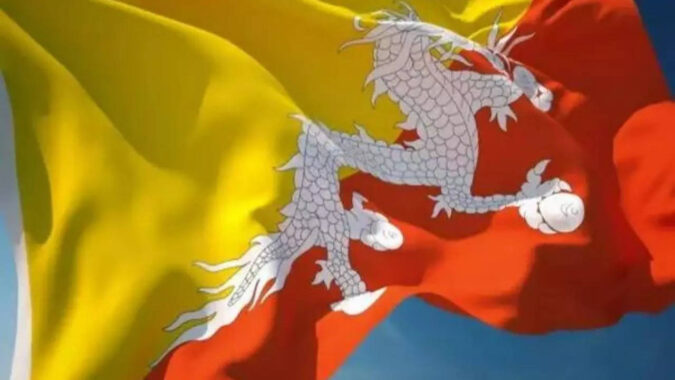It reported that the recent report from the World Economic Forum revealed that the eight countries including Bhutan have attained an impressive feat of net zero emissions.
Bhutan is one among the 196 nations that committed to the Paris Agreement during the UN Climate Change Conference focused to restrict global temperature increases to 1.5 degree Celsius above pre-industrial levels, observed The Bhutan Live.
Apart from Bhutan, Comoros, nestled in the Indian Ocean, and Gabon in Central Africa have managed to control the carbon emissions and set an example for other countries. Comoros, by conscientiously managing its agricultural, fishing, and livestock sectors, complemented by rigorous environmental safeguards has maintained low emissions.
According to The Bhutan Live, Bhutan’s unique success as the first nation to achieve net zero emissions is rooted in its population of 8,00,000 and its remarkable forest coverage of 70%. The nation prioritizes sustainable organic farming and forestry practices, accentuated by the reliance on hydropower and the prudent management of its main economic driver, tourism. Notably, Bhutan charges a $200 sustainable development fee per day from tourists, underscoring the value placed on eco-tourism and environmental protection.
It has been reported that another reason behind this control of emissions is the forests being an intrinsic part of its spiritual heritage. Guided by a climate-conscious forest economy, Bhutan mitigates greenhouse gas emissions, preserves wildlife habitats, mitigates forest fires, and practices sustainable forest management for timber, fruit, and rubber – fostering a circular economy. The nation has embarked on pilot projects that explore sustainable timber construction, showcasing innovative solutions.
Bhutan’s journey to net zero emissions, fueled by an unyielding commitment to its environment and cultural heritage, is a source of inspiration for the world. As nations navigate the complexities of climate change, Bhutan’s story beckons us to embrace sustainable practices and safeguard our precious planet, said the publication by The Bhutan Live.
